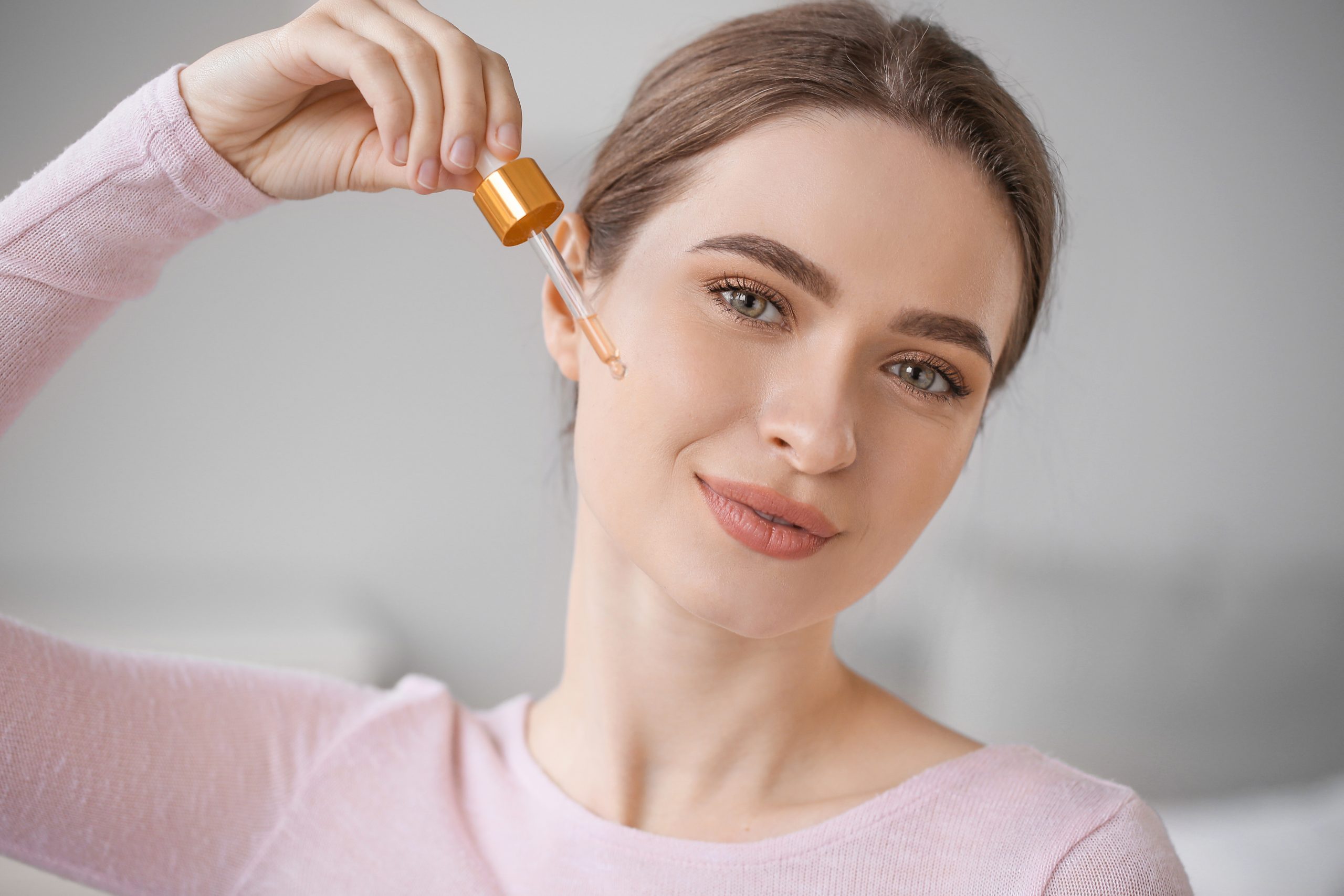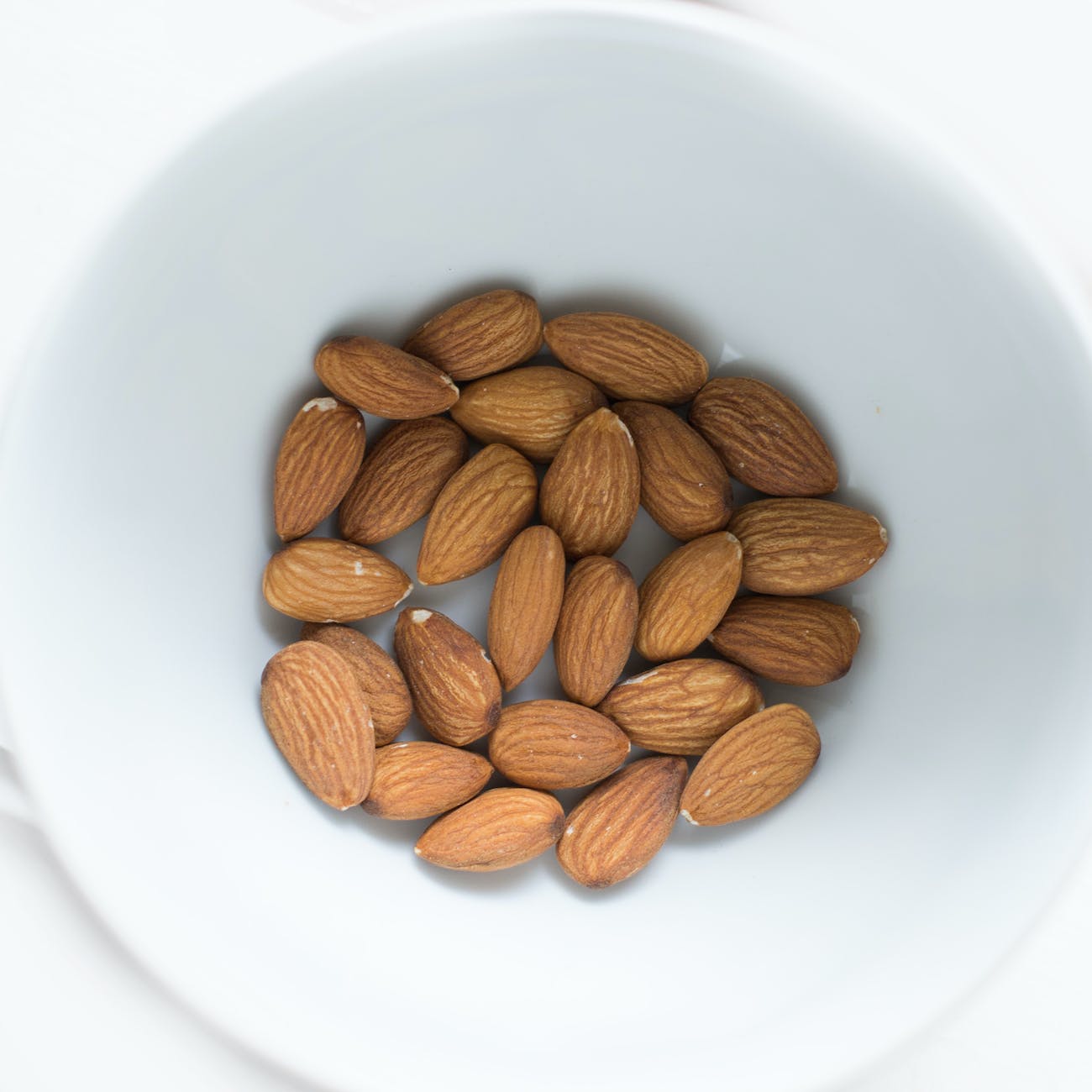
Breastfeeding, a cherished bond between a mother and her newborn, comes with a plethora of nutritional and immunological benefits. It not only fosters a unique emotional connection but also ensures the provision of essential nutrients and antibodies to the infant, paving the way for a robust immune system. However, the scenario gets a tad more complicated when we venture into the realm of eczema, a common skin condition characterized by dry, itchy, and inflamed skin. The relationship between breastfeeding and eczema is multi-faceted and can manifest differently in the mother and the baby. This post aims to dissect the complex narrative surrounding breastfeeding and eczema, drawing insights from previous discussions on foods to embrace and avoid for eczema relief and the soothing effects of oatmeal baths for managing eczema symptoms.
Breastfeeding as a Shield Against Eczema in Infants:
Research is increasingly illuminating the protective effects of breastfeeding against the onset of eczema in infants. The American Academy of Pediatrics strongly advocates breastfeeding as a means to lower the risk of eczema, especially during the tender years of infancy. Here are some key points elucidating this protective aspect:
- Immunity Boost: Breast milk is laden with vital antibodies that bolster the infant’s immune system, forming a robust defense against a myriad of allergies and skin conditions including eczema.
- Exclusive Breastfeeding: A study published in the Journal of the American Academy of Dermatology underscored the significance of exclusive breastfeeding for at least the initial four months post-birth in mitigating the risk of eczema during the infant’s early years. This aligns with our previous discussion on dermatitis, the hidden irritant, emphasizing the pivotal role of early nurturing practices in promoting skin health.
The Odyssey of Breastfeeding Mothers with Eczema:
Mothers with eczema often navigate a labyrinth of challenges while breastfeeding. The intimate skin-to-skin contact during breastfeeding sessions can potentially trigger or exacerbate eczema flare-ups, especially in mothers with a history of sensitive skin or atopic dermatitis. Here’s a closer look at the challenges and considerations:
- Skin Irritation: The act of breastfeeding can induce skin irritation, and in severe instances, lead to painful cracks and fissures around the nipple area, making breastfeeding a daunting task.
- Emotional Stress: The dual responsibility of managing eczema while ensuring optimum care for the baby can be emotionally taxing. Stress, a known trigger for eczema flare-ups, can further aggravate the skin condition. Our guide on oatmeal baths as a soothing remedy for eczema can serve as a respite for nursing mothers grappling with eczema symptoms.
In the forthcoming sections, we will delve deeper into dietary considerations for breastfeeding mothers battling eczema, exploring how certain dietary choices may influence both the mother’s skin condition and the baby’s susceptibility to eczema. We will also furnish practical tips and strategies to gracefully navigate the journey of breastfeeding with eczema, aiming to morph it into a less daunting and more empowering experience.
Dietary Considerations: Nourishment for Two
Breastfeeding requires an additional caloric intake to cater to the nutritional needs of the infant while ensuring the mother’s well-being. However, when eczema enters the equation, dietary choices become even more crucial. A balanced, nutrient-dense diet can not only foster a conducive environment for breastfeeding but also aid in managing eczema symptoms. Here’s a deeper dive into the dietary dynamics:
- Omega-3 Fatty Acids: Renowned for their anti-inflammatory properties, Omega-3 fatty acids can be instrumental in alleviating eczema symptoms. Foods rich in Omega-3s like flaxseeds, walnuts, and fatty fish should be integral components of a nursing mother’s diet.
- Probiotics: Probiotics, often dubbed as ‘friendly bacteria,’ play a pivotal role in enhancing gut health, which in turn can positively impact skin conditions like eczema. Incorporating probiotic-rich foods like yogurt, kefir, and other fermented foods can be beneficial.
- Vitamin D: A deficiency in Vitamin D has often been associated with exacerbated eczema symptoms. Ensuring an adequate intake of Vitamin D through supplements or fortified foods can be a wise move.
- Avoiding Allergens: Some common allergens like dairy, soy, and gluten might exacerbate eczema symptoms. It’s prudent to observe if certain foods trigger or worsen eczema flare-ups and consider eliminating them from the diet, albeit under medical supervision.
- Hydration: Staying well-hydrated is indispensable for maintaining skin moisture and promoting overall health, a topic thoroughly covered in our post about foods to embrace and avoid for eczema relief.
Navigating Milk Allergies in Infants:
It’s not uncommon for infants to exhibit allergic reactions to certain proteins found in cow’s milk, which might manifest as eczema. If a breastfeeding mother consumes dairy products, the proteins could potentially pass through the breast milk and trigger an allergic reaction in the infant.
- Symptom Recognition: Identifying symptoms early on is crucial. Common manifestations of a milk protein allergy include skin rashes, wheezing, vomiting, diarrhea, and in severe cases, anaphylaxis.
- Dairy Alternatives: If a milk allergy is suspected or confirmed, nursing mothers can explore dairy alternatives like almond milk, coconut milk, or soy milk, ensuring they are fortified with essential nutrients like calcium and vitamin D.
- Medical Consultation: It’s imperative to consult with a healthcare provider before making any significant dietary alterations, especially when breastfeeding.
Our previous discussion on eczema and dermatitis causes and coping mechanisms delves into the importance of identifying and addressing triggers, which holds true in the context of milk allergies as well.
The dynamic between breastfeeding and eczema is intricate, with several overlapping factors that require a nuanced understanding and personalized approach. The subsequent section will shed light on practical tips for managing eczema while breastfeeding, aiming to equip nursing mothers with the knowledge and resources necessary for a smoother breastfeeding journey amid the challenges posed by eczema.
Practical Management of Eczema While Breastfeeding:
Breastfeeding while dealing with eczema can be a demanding task. However, with the right strategies in place, it’s possible to make this phase less stressful and more rewarding. Here are some practical steps to consider:
1. Maintain a Moisture-Rich Environment:
- Hydrate: Drink plenty of water throughout the day to keep your skin hydrated from the inside out.
- Moisturize: Regularly apply a hypoallergenic, fragrance-free moisturizer to keep your skin soft and to prevent itchiness. Our oatmeal baths remedy post provides a natural moisturizing solution that might be beneficial.
- Humidify: Consider using a humidifier in your home to add moisture to the air, especially during the dry winter months.
2. Practice Gentle Skin Care:
- Avoid Irritants: Steer clear of harsh soaps, detergents, and fragrances that can irritate your skin.
- Opt for Soft Fabrics: Wear clothing made of soft, breathable fabrics like cotton and avoid scratchy materials like wool.
3. Stress Management:
- Relaxation Techniques: Practices like meditation, yoga, and deep breathing can be invaluable in managing stress, which is often a trigger for eczema flare-ups.
- Adequate Sleep: Ensure you’re getting enough restorative sleep, as sleep deprivation can exacerbate eczema symptoms.
4. Seek Professional Advice:
- Consult a Dermatologist: Regular consultations with a dermatologist can provide tailored advice and treatment options.
- Lactation Consultant: Engage with a lactation consultant to ensure that breastfeeding is being done correctly, which can also help in alleviating any breast or nipple eczema.
5. Dietary Adjustments:
- Elimination Diet: If certain foods are suspected to be exacerbating eczema, an elimination diet, overseen by a healthcare provider, could be beneficial. The process of eliminating dairy for eczema management has been discussed in one of our previous posts.
6. Localized Treatment:
- Medicated Creams: If eczema occurs around the nipple or breast area, using prescribed medicated creams post breastfeeding sessions might provide relief. Always consult with a healthcare professional before using any topical treatments to ensure they are safe for both you and your baby.
The journey of managing eczema while breastfeeding is a testament to a mother’s resilience. With the right support and resources, this challenging phase can be navigated with greater ease and confidence. For more information on managing skin conditions, our post on dermatitis, the hidden irritant provides a detailed overview on coping mechanisms and treatment options.
Identifying and Addressing Triggers:
Understanding and addressing the triggers of eczema flare-ups can significantly enhance the breastfeeding experience. Here’s a closer look at some common triggers and ways to manage them:
1. Food Allergies:
- Identification: Certain foods in a breastfeeding mother’s diet can trigger allergic reactions in infants, which might manifest as eczema. Common allergenic foods include dairy, soy, nuts, and wheat.
- Management: Consultation with a healthcare provider can guide an elimination diet to identify and remove offending foods. Our blog post dives deeper into foods to embrace and avoid for eczema relief.
2. Environmental Allergens:
- Identification: Pollen, dust mites, mold, and pet dander are common environmental allergens that can exacerbate eczema.
- Management: Regular cleaning, using hypoallergenic bedding, and air purifiers can help in reducing exposure to environmental allergens.
3. Skin Irritants:
- Identification: Harsh soaps, detergents, and certain fabrics can irritate sensitive skin and worsen eczema symptoms.
- Management: Opt for mild, fragrance-free soaps and detergents, and wear soft, breathable fabrics to reduce skin irritation.
4. Hormonal Changes:
- Identification: Hormonal changes during and after pregnancy can trigger eczema flare-ups.
- Management: While hormonal fluctuations are natural, managing other triggers and following a skincare routine can help in controlling eczema symptoms.
5. Stress:
- Identification: Stress is a well-known trigger for eczema, and the demands of new motherhood can certainly contribute.
- Management: Employ stress-reducing techniques such as mindfulness meditation, yoga, and ensuring adequate rest.
Supplemental Nutritional Support:
Nutrition plays a pivotal role in managing eczema and ensuring a successful breastfeeding experience. Here’s a look at some nutritional considerations:
1. Colostrum:
- Nature’s First Food: Colostrum, the first milk produced post childbirth, is packed with beneficial nutrients and antibodies essential for the newborn’s immune system. Some studies suggest that colostrum may also have a positive impact on eczema management.
- Supplementation: If considering colostrum supplementation, it’s crucial to consult with a healthcare provider to ensure its safety and efficacy in managing eczema.
2. Probiotics:
- Gut Health: Probiotics can be beneficial in maintaining a healthy gut microbiome, which in turn may have a positive impact on skin health.
- Supplementation: Consult with a healthcare provider before introducing any probiotic supplements, especially while breastfeeding.
3. Essential Fatty Acids:
- Skin Health: Omega-3 and Omega-6 fatty acids are crucial for skin health and may help in managing eczema symptoms.
- Sources: Incorporate sources of essential fatty acids such as fish, flaxseeds, and walnuts in your diet, or consider supplements after consulting with a healthcare provider.
4. Vitamin D:
- Immune Modulation: Vitamin D plays a role in immune system modulation and may be beneficial in managing eczema.
- Supplementation: Consult with a healthcare professional before considering Vitamin D supplementation.
5. Elimination Diet:
- Identifying Triggers: An elimination diet can help in identifying food triggers for eczema, but it should only be done under professional guidance, especially when breastfeeding.
Breastfeeding while managing eczema requires a multidimensional approach. By addressing potential triggers, adhering to a gentle skincare regimen, and ensuring nutritional support, the journey can become more comfortable and fulfilling. For more insights on managing skin conditions, explore our posts on Eczema and Dermatitis: Causes and Coping Mechanisms, and the benefits of oatmeal baths in providing relief from skin irritation.
Maintaining a Healthy Skin Regimen:
Keeping the skin moisturized and protected from irritants is crucial when dealing with eczema, particularly during the breastfeeding period. Here are some steps you can follow:
1. Moisturizing:
- Regular Application: Apply a gentle, hypoallergenic moisturizer to keep the skin hydrated. Opt for creams or ointments over lotions as they are more effective in trapping moisture.
- Timing: The best time to apply moisturizer is after a bath when the skin is still damp, as this helps lock in moisture.
2. Mild Cleansers:
- Selection: Choose mild, fragrance-free cleansers to avoid skin irritation.
- Usage: Use lukewarm water for bathing and avoid scrubbing the skin.
3. Avoiding Irritants:
- Clothing: Wear and dress your baby in soft, breathable fabrics like cotton to prevent irritation.
- Laundry: Use hypoallergenic laundry detergents and ensure to rinse clothes thoroughly.
4. Regular Check-Ups:
- Professional Advice: Regular consultations with a dermatologist or allergist can provide personalized advice and treatment plans.
5. Patience and Consistency:
- Long-term Management: Managing eczema is a long-term endeavor. Being consistent with skincare and trigger management can significantly improve the quality of life for both mother and baby.
Community and Support:
Dealing with eczema while breastfeeding can sometimes feel overwhelming. However, you are not alone. There are numerous support groups and forums where parents share their experiences and insights. Engaging with a community can provide valuable tips, encouragement, and a sense of camaraderie during this journey.
1. Online Forums:
- Shared Experiences: Online forums and social media groups can be a treasure trove of practical advice and emotional support.
2. Local Support Groups:
- Personal Interaction: Meeting other parents dealing with similar issues locally can provide a sense of community and shared understanding.
3. Professional Counseling:
- Emotional Support: Sometimes, professional counseling can be beneficial in managing the emotional stress associated with chronic skin conditions.
Eczema and breastfeeding present a unique set of challenges, but with the right information, support, and management strategies, it is possible to navigate this phase with confidence and ease. For further reading, check our detailed post on Dermatitis: The Hidden Irritant and discover more about foods to embrace and avoid for eczema relief. This supportive community alongside informed healthcare can create a nurturing environment for both mother and baby to thrive despite the hurdles eczema may present.
FAQs
- What is the connection between breastfeeding and eczema in infants?
- The connection between breastfeeding and eczema is complex. While breastfeeding can provide essential nutrients and antibodies beneficial for the baby’s overall health and skin, some mothers might notice an eczema flare-up in their infants. This could be related to certain foods in the mother’s diet that the baby may be sensitive to.
- Can certain foods in a breastfeeding mother’s diet trigger eczema in infants?
- Yes, certain foods in a breastfeeding mother’s diet can potentially trigger eczema in infants, especially if the baby has a food sensitivity or allergy. Common culprits include dairy, soy, wheat, nuts, and eggs.
- How can a breastfeeding mother identify if her diet is affecting her baby’s eczema?
- Identifying dietary triggers can be done through an elimination diet under the guidance of a healthcare provider. By removing suspected foods and gradually reintroducing them, mothers can observe any changes in the baby’s eczema condition.
- Are there any specific treatments for eczema in breastfeeding infants?
- Treatment for eczema in breastfeeding infants might include topical treatments prescribed by a healthcare provider, gentle skin care routines, and possibly dietary modifications by the mother. It’s essential to consult with a healthcare professional for personalized advice.
- What steps can a breastfeeding mother take to manage her baby’s eczema?
- Breastfeeding mothers can help manage their baby’s eczema by maintaining a gentle skincare routine, avoiding known irritants, and consulting with healthcare providers for personalized treatment plans. Dietary modifications may also be beneficial in some cases.
- Is it common for breastfeeding mothers to experience eczema flare-ups?
- It can be common due to hormonal changes, and stress associated with postpartum and breastfeeding period. Maintaining a good skincare routine and consulting with a dermatologist can be beneficial.
Blog Tags
Breastfeeding, Eczema, Infant Eczema, Dermatitis, Diet and Eczema, Skin Care, Food Sensitivity, Elimination Diet, Eczema Treatment, Hypoallergenic, Moisturizing, Allergies and Eczema













